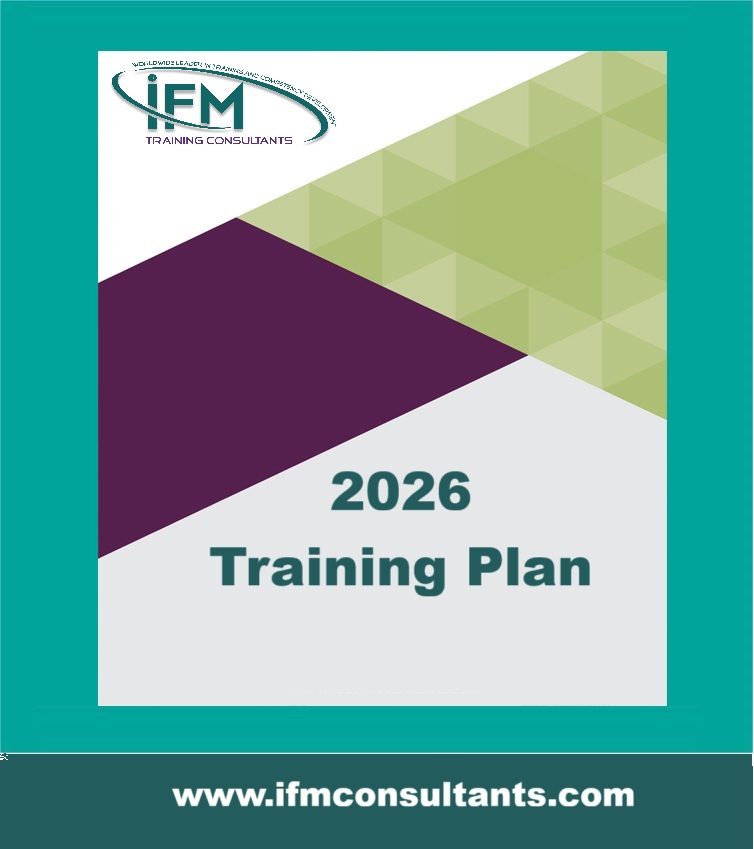Certified HAZOP Leader Advanced Process Hazard Analysis (PHA) Methods & Leadership (HAZOP, What-if, FMEA)
| Start Date | End Date | Venue | Fees (US $) | ||
|---|---|---|---|---|---|
| Certified HAZOP Leader Advanced Process Hazard Analysis (PHA) Methods & Leadership (HAZOP, What-if, FMEA) | 16 Nov 2025 | 20 Nov 2025 | Riyadh, KSA | $ 3,900 | Register |

Certified HAZOP Leader Advanced Process Hazard Analysis (PHA) Methods & Leadership (HAZOP, What-if, FMEA)
| Start Date | End Date | Venue | Fees (US $) | |
|---|---|---|---|---|
| Certified HAZOP Leader Advanced Process Hazard Analysis (PHA) Methods & Leadership (HAZOP, What-if, FMEA) | 16 Nov 2025 | 20 Nov 2025 | Riyadh, KSA | $ 3,900 |
Introduction
It is universally recognized that for any organization to succeed it must take a proactive approach to risk management. Over the last few years, Companies and a number of Countries legislators have been focusing on Process Safety as a method to reduce the risks posed by hazardous industries. Process Hazard Analysis (PHA) is recognized as being a critical tool in the implementation of a successful risk management system.
As Hazard and Operability (HAZOP) studies are now recognized worldwide as being the qualitative risk assessment methodology of choice in the Process Industries, there will be additional focus on this specific aspect of Process Hazard Analysis.
In this program the delegates will learn:
- How to apply advanced risk assessment techniques
- Mechanics of dispersion, fire, explosion and toxic releases
- The concept of Quantified Risk Assessment “QRA”
- Hazard and Operability (HAZOP) study methodology
- HAZOP team leadership
Objectives
- Understand the concepts of Risk Assessment and Risk Management
- Understand the estimation and evaluation of risks – Qualitative, Semi-Quantitative and Quantified Risks
- Techniques for Hazard Identification and Analysis – Check-Lists, Risk Profiling, HAZOP, FMEA, and Task-Based Risk Assessment
- Cause-Consequences Analysis – The Role of Fault Trees and Event Trees in Accident Prevention
- Understand HAZOP studies their benefits and their shortcomings
- Understand the requirements of a Team Leader or Facilitator, scribe and team members during HAZOP studies
- Apply the methodology of the PHA review techniques in general and the HAZOP technique in particular based on the International Standard IEC 61882 and identify the role of the independent chairman and the HAZOP team
- Determine the minimum Engineering Documents and drawings required to complete a satisfactory HAZOP report and illustrate the structure and content of such Report
- Apply the HAZOP tool to process design of existing or new facilities including interface, start-up, and commissioning of a plant
- Assess the risk level/criticality associated with control loop/equipment failure and practice the major techniques for hazard identification
- List the responsibilities involved in the PHA leadership and the skills necessary for leading PHA studies
- Practice the various PHA techniques including What-If, HAZOP, and FMEA using real-life cases and use commercial software as useful tools in the facilitation of Process Hazards Analysis.
- Be able to facilitate a HAZOP study
Delegates attending this program will:
Training Methodology
This is an interactive course. There will be open question and answer sessions, regular group exercises and activities, videos, case studies, and presentations on best practice. Participants will have the opportunity to share with the facilitator and other participants on what works well and not so well for them, as well as work on issues from their own organizations.
Who Should Attend?
This PROGRAM provides an overview of all significant aspects and considerations of PHA for those who are involved in the management, engineering (design, process, chemical, facilities, instrumentation and control), operations and safety of process operations. Engineers, safety/environment personnel, plant operators, area managers, projects and maintenance personnel will benefit from the practical approach presented in this program:
- HSE Technical personnel
- Project Engioneers
- Maintenance personnel
- Process Engineers involved in design and modification
- Instrumentation and Control Engineers
Course Outline
Day 1: Introduction to Risk Assessment
- introduction: delegate and tutor introductions; course objectives
- The concepts of hazards, risk and risk assessment
- Methods for risk evaluation
- Integrating risk assessment within Risk Management
- Qualitative, Semi-Quantitative and Quantitative Risk Assessment methodologies
- Feedback and review of Day 1
Day 2: Risk Assessment Techniques: HAZOP
- Introduction to hazards identification and analysis techniques
- Techniques for hazard identification and analysis – HAZOP
- Where and when to use HAZOP and the requirements for a successful HAZOP study
- Team composition for HAZOP studies
- Guide words and process variables used for HAZOP studies
- Syndicate exercise – application of HAZOP to relevant processes
- Report back and review of Day 2
Day 3: HAZOP Leadership Techniques
- HAZOP team leader/facilitator requirements
- HAZOP scribe requirements
- Facilitating HAZOP studies, do’s and don’ts
- Information required to allow successful HAZOP studies
- A case study where each delegate has the opportunity to facilitate a HAZOP meeting
- Review of commercial software used for HAZOP and Management of Change ‘MOC’
- Report back and review of Day 3
Day 4: Consequence Analysis
- The theory behind the fire, explosion and toxic dispersion modeling utilized in Quantitative Risk Assessments
- Types of fires and their effects on people and equipment
- Types of explosions and their effects on people and equipment
- Review of software available for consequence calculations
- Report back and review of Day 4
Day 5: The Role of QRA
- Introduction to Quantified Risk Assessment “QRA”
- The role of Event Tree Analysis in scenario development
- The role of Fault Tree Analysis for multi-causation analysis
- Applications for ETA and FTA
- Failure data for use in QRA’s
- Societal Risk and Individual Risk
- Review of software available for Quantitative Risk Assessments
- Report back on day 5 and discussion

















